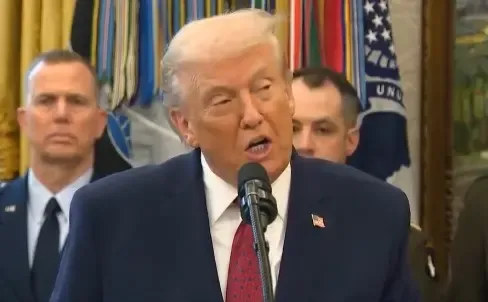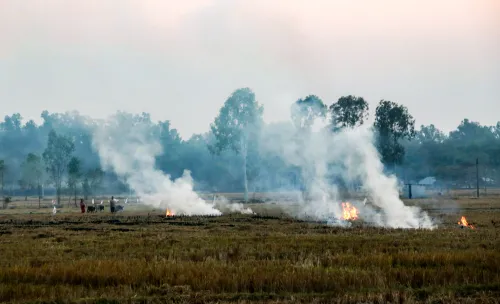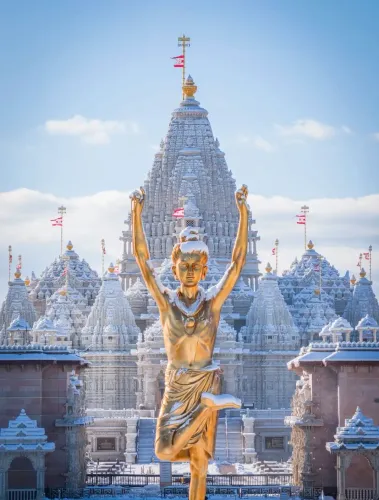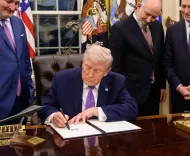How is the Law Ministry and National Archives Preserving 25-year-old Records?
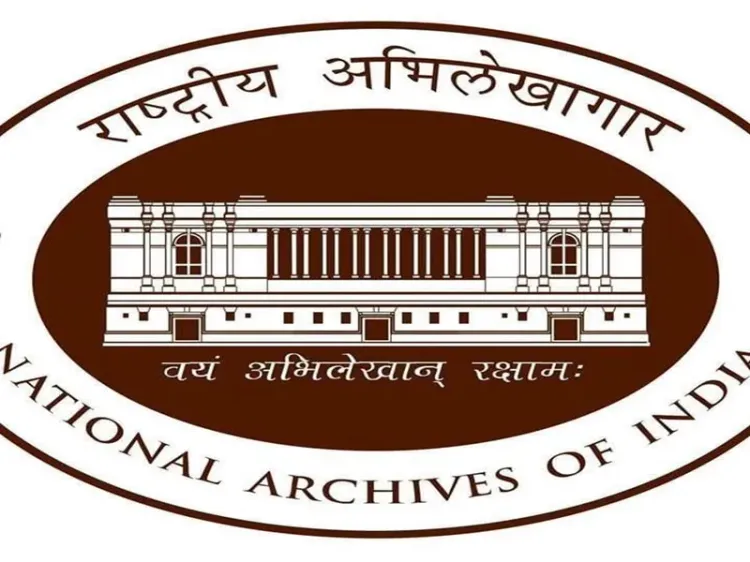
Synopsis
Key Takeaways
- Collaboration between Law Ministry and NAI for record preservation.
- Special Campaign 5.0 aims for efficient archival management.
- Focus on files older than 25 years.
- Vijender Gupta’s visit to The British Library for insights.
- Efforts to enhance access to historical legislative records.
New Delhi, Oct 25 (NationPress) The Ministry of Law and Justice has initiated a collaboration with the Director General of the National Archives of India (NAI) to facilitate the transfer and preservation of departmental records/files that exceed 25 years in age, as reported by an official on Saturday.
On Friday, officials from the NAI conducted a visit to the Legislative Department’s record room, evaluating files earmarked for transfer, according to the official's statement.
“In line with Special Campaign 5.0 aimed at enhancing archival management and safeguarding vital government records, R.K. Pattanayak, Additional Secretary and Nodal Officer, worked together with the DG, NAI, for the transfer of files older than 25 years,” the statement elaborated.
Last month, Pattanayak, along with Dr. K.V. Kumar, the Additional Secretary of the Legislative Department, and other officials conducted a comprehensive review of all Sections and Rooms from A-Wing to D-Wing, including the Departmental Canteen and Digitization Unit.
During this visit, the Additional Secretaries instructed all Sections to pinpoint and organize files ready for archival, ensuring they are properly classified and documented.
Pattanayak stressed the importance of Section Heads overseeing the prompt transfer of qualifying records and submitting compliance reports to the Nodal Officer to meet the campaign’s goals effectively.
Earlier this month, Delhi Legislative Assembly Speaker Vijender Gupta traveled to The British Library in London to explore archival materials, rare photographs, and manuscripts of the House from the Colonial era.
Gupta reviewed India's legislative records from 1900–1930, gaining valuable perspectives on the country's legislative and parliamentary history.
He also examined rare manuscripts, photographs, and archival volumes, highlighting significant milestones in India’s legislative and parliamentary evolution under British rule.
The Speaker received an extensive briefing on the preservation and digitization methods used by The British Library to safeguard delicate documents of historical importance, as stated.
He also observed rare visual records of the Indian Legislative Council and its chambers from the early 20th century, according to the statement.
This visit and subsequent discussions were facilitated by the British High Commission.
Officials from The British Library commended the Delhi Assembly’s initiative to enhance accessibility to these archives for researchers and legislators in India.


